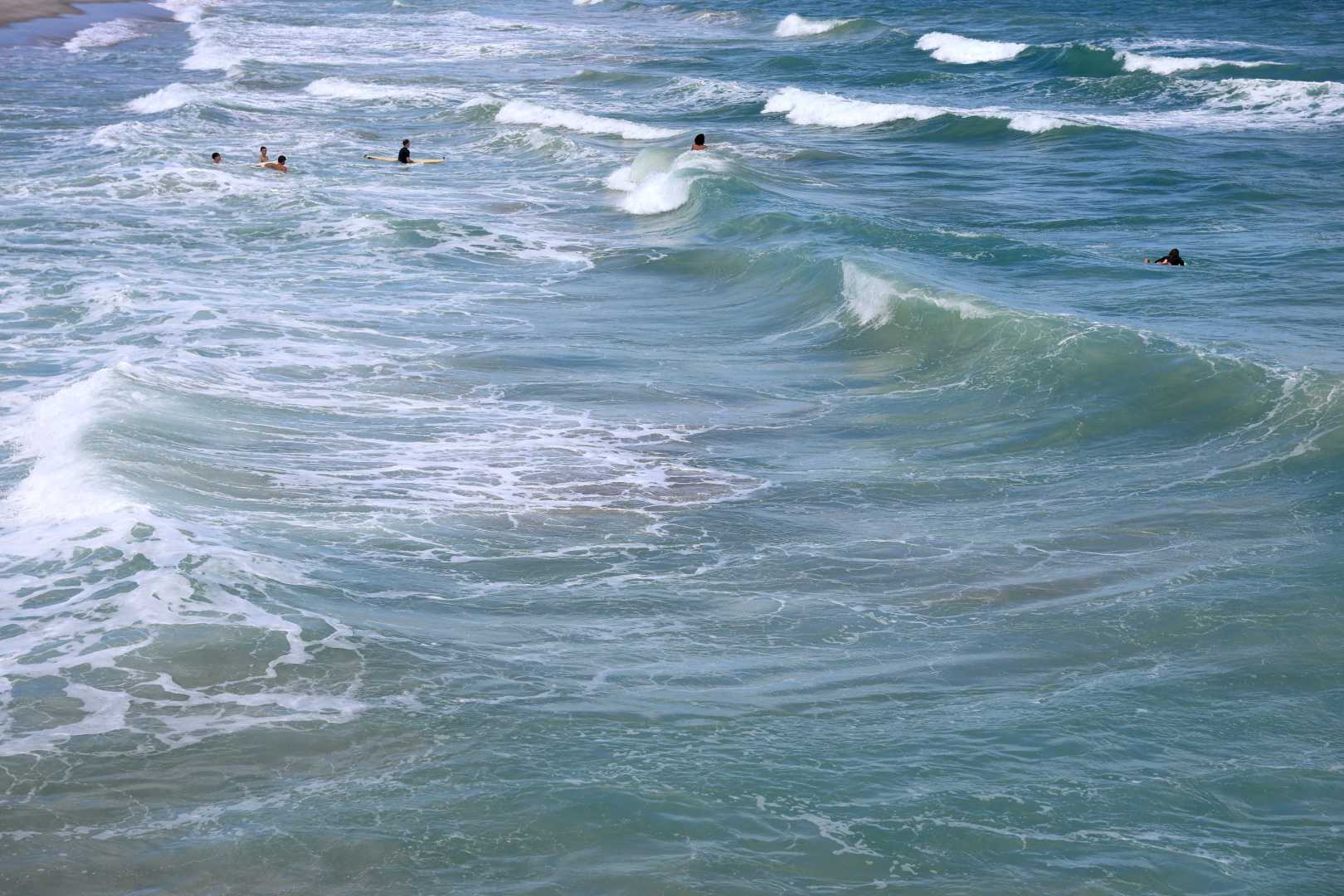News
NWS Issues High Surf Warnings for Florida Coastline

Jacksonville, Florida — The National Weather Service (NWS) has issued high surf warnings for large sections of the Florida coastline as of Friday. More than 3 million residents and visitors are advised to avoid swimming through the weekend due to hazardous surf conditions.
The warnings extend from Escambia, Santa Rosa, and Okaloosa counties in the panhandle to Nassau County in Northeast Florida, and as far south as Miami-Dade County, impacting both the Atlantic and Gulf coasts. These alerts are prompted by strong onshore winds that can generate dangerous rip currents.
Rip currents are powerful channels of fast-moving water that flow away from the shore, often forming near breaks in sandbars or alongside piers and jetties. The National Oceanic and Atmospheric Administration (NOAA) warns that rip currents can reach speeds of up to 8 feet per second. Swimming against a rip current can be life-threatening, and beachgoers are urged to relax and float if caught in one, and swim parallel to the shore when possible.
The NWS discourages swimming outside of lifeguard-protected areas. Inexperienced swimmers are strongly advised to stay out of the water during this advisory period. Additionally, a high surf advisory has been issued for parts of Florida, indicating potential for breaking waves up to 10 feet.
NWS Miami noted in a recent statement, “Dangerous swimming and surfing conditions can lead to localized beach erosion. Rip currents can sweep even the strongest swimmers away from shore into deeper water.”
Officials from NWS Melbourne reinforced this message, stating, “Entering the surf is strongly discouraged. If caught in a rip current, relax and float instead of swimming against the current. If able, swim in the direction of the shoreline. If unable to escape, face the shore and signal for help.”
Rip current advisories are expected to remain active through late Sunday or early Monday morning, depending on the location. The NWS urges all affected residents and visitors to heed warnings, avoid entering the surf, and monitor local updates.












